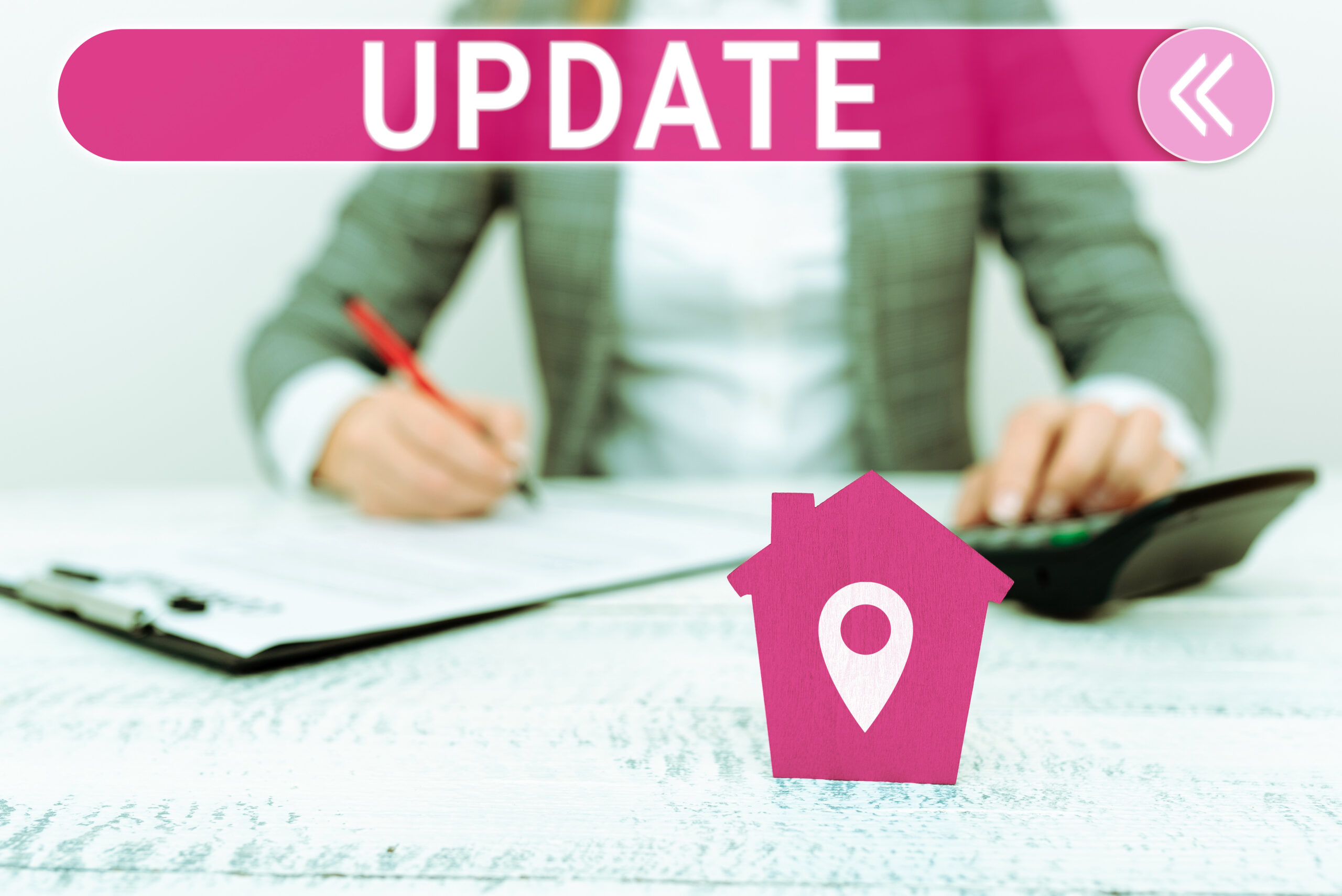
When preparing to sell a property in Tower Hamlets, you may consider making home improvements to boost value.
Home improvements can play a significant role in elevating the overall charm, aesthetics, and functionality of your property, leading to enhanced appeal to viewers. However, it’s important to recognize that not every upgrade you make has to be left behind as a permanent fixture for the new homeowner to inherit.
When planning your home improvements, consider a blend of both permanent and easily removable upgrades, allowing you to personalize the property while still providing the option to revert to its original appeal or offer the buyer the possibility of reimagining their new home.
Easily removable upgrades can be influential in making your property in Tower Hamlets stand out. These changes can create a stylish and sophisticated atmosphere that captures the interest of potential buyers, while still offering customisation options for the new owner to truly make the space their own.
12 Home Improvements You Can Make to Extract the Most Value
Here are 12 home improvements to boost value – and that can move with you to your next home.
1. Removable Wall Art
Personalising your living space becomes hassle-free with removable wall art. Opting for durable wall decals or high-quality tapestries allows you to add character to your home without making permanent alterations. This way, you can easily transport these decorative pieces from one house to another, ensuring a consistent and comfortable atmosphere in each residence.
2. Smart Home Devices
Incorporating smart home devices, such as speakers, security cameras, lighting systems, and thermostats, elevates your living experience with increased convenience and functionality. The beauty of these devices is their portability; simply uninstall them when it’s time to relocate, and enjoy the same enhanced lifestyle in your next home.
3. Portable Fire Pits and Heaters
Adding portable fire pits and patio heaters to your outdoor space can boost kerb appeal and make your property more enticing during estate agent viewings. Additionally, you can look forward to enjoying these outdoor enhancements in your next home’s garden or patio.
4. Modular Furniture
Modular furniture pieces, such as wardrobes, sectional sofas, and convertible tables, provide the flexibility needed for seamless transitions between properties. By investing in these versatile items, you can ensure your furniture will be adaptable to various spaces, layouts, and styles.
5. Potted Plants
Instead of spending on expensive landscaping projects, opt for potted plants as a more cost-effective way to enhance your Tower Hamlets property’s greenery. These plants add appeal and can easily be transported to any new home, making them a practical choice.
6. Bespoke Mirrors
Mirrors can serve both aesthetic and functional purposes in any living space. By selecting large, ornate, or custom-designed mirrors, you can visually expand and elevate your interiors during property viewings and incorporate these statement pieces in your next home.
7. High-Quality Window Treatments
Invest in versatile, high-quality window treatments such as curtains or blinds, and ensure they are adaptable to fit various window sizes and styles. This will enable you to maintain your preferred look from one property to the next, all while providing functional light control and privacy.
8. Lighting Fixtures
Selecting high-quality lighting fixtures like pendant lights, table lamps, or chandeliers can significantly enhance your home’s ambience and is one of the easiest home improvements to boost value. Moreover, these fixtures can accompany you when you move and can seamlessly blend into new spaces.
9. Freestanding Bookshelves
Freestanding bookshelves offer portability and versatility that built-in options lack. These pieces provide not only extra storage space but also serve as decorative elements that can easily integrate into various home interiors and layouts.
10. Outdoor Furniture
Investing in high-quality outdoor furniture can elevate your outdoor living space, making it more attractive and functional. These transportable items will add value and aesthetic appeal to your property, both now and in the future.
11. Decorative Rugs
Rugs can effortlessly add warmth, texture, and style to any room. As an affordable home improvement option, decorative rugs easily transition to new homes, regardless of room size or colour scheme, maintaining your design preference from one house to another.
12. Door and Cabinet Hardware
By choosing high-quality door and cabinet hardware, you can add a polished, luxurious finish to your kitchen and bathroom spaces. These removable embellishments can be reused in your new property, ensuring a refined touch in your next home.
Ultimately, the key to successfully selling your property in Tower Hamlets is to strike a balance between making home improvements to boost value and removable upgrades that contribute to a captivating visual appeal – all without limiting the new owner’s potential for personalization and creativity.
Making home improvements doesn’t always mean a permanent change to your property. For the best advice, discuss ideas with your estate agent in Tower Hamlets to understand what additions can benefit a sale and which ones can transition with you to your new home. In doing so, you can enjoy the benefits of your home improvements no matter where you live.
Improving, Then Selling?
What Next?
Do you require a valuation or no-obligation advice on buying or selling a property in Tower Hamlets? Please contact our expert property team at City Realtor on 0207 790 7702 or email us at admin@cityrealtor.co.uk, and we will be delighted to help you.
Don’t forget to follow us on our socials for updates and new listings!
Follow us on Facebook, connect with us on X, join us on Instagram, find us on TikTok, see us on LinkedIn, watch our YouTube Videos!
Good luck if you are improving your home with a view to putting your property in Tower Hamlets on the market. We’ve answered more of your FAQ’s here and below.
Frequently Asked Questions About How Much Value You Can Add to Your Home
Should I invest in new kitchen and bathroom fittings before selling?
Modern kitchen and bathroom fittings can significantly increase your property’s value. However, it’s wise to consult with an estate agent in Tower Hamlets to ensure you’re making updates that appeal to buyers in your area.
What about energy-efficient features like underfloor heating?
While not essential, energy-efficient features like underfloor heating can add value to your home. Potential buyers are increasingly eco-conscious, so such upgrades can make your property stand out.
Can I convert my loft or garage into extra living space?
Loft conversions and garage conversions (with planning permission from your local planning authority) can be a great way to add significant value to your property. However, always weigh the cost of the project against the potential return on investment. Consulting us is recommended.
Do minor repairs like fixing broken roof tiles make a difference?
Absolutely! Potential buyers are looking for a well-maintained property. Addressing minor repairs and ensuring your home is in good condition will create a positive impression and can add value during negotiations.











